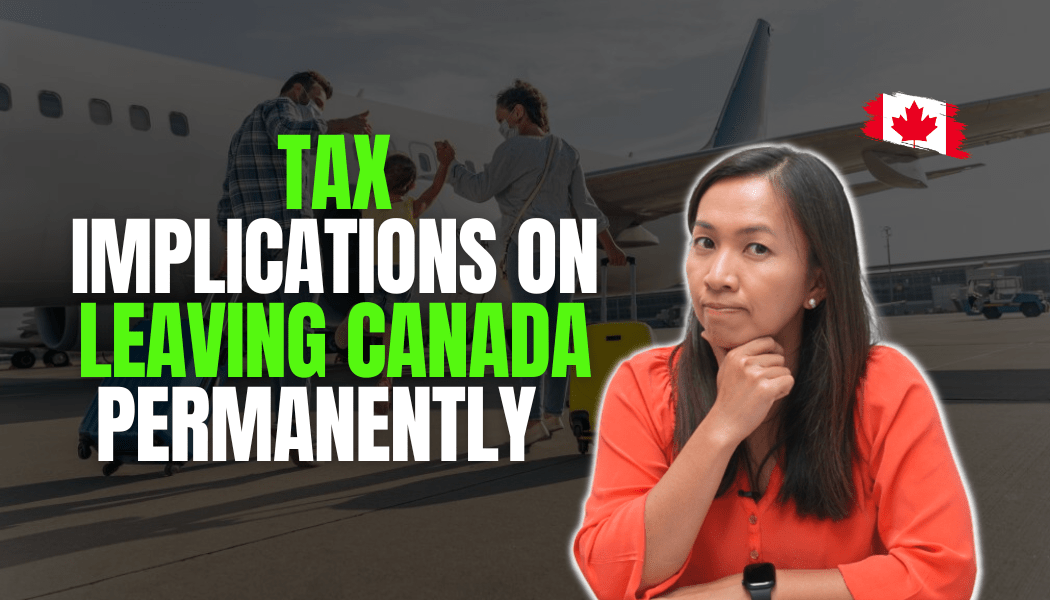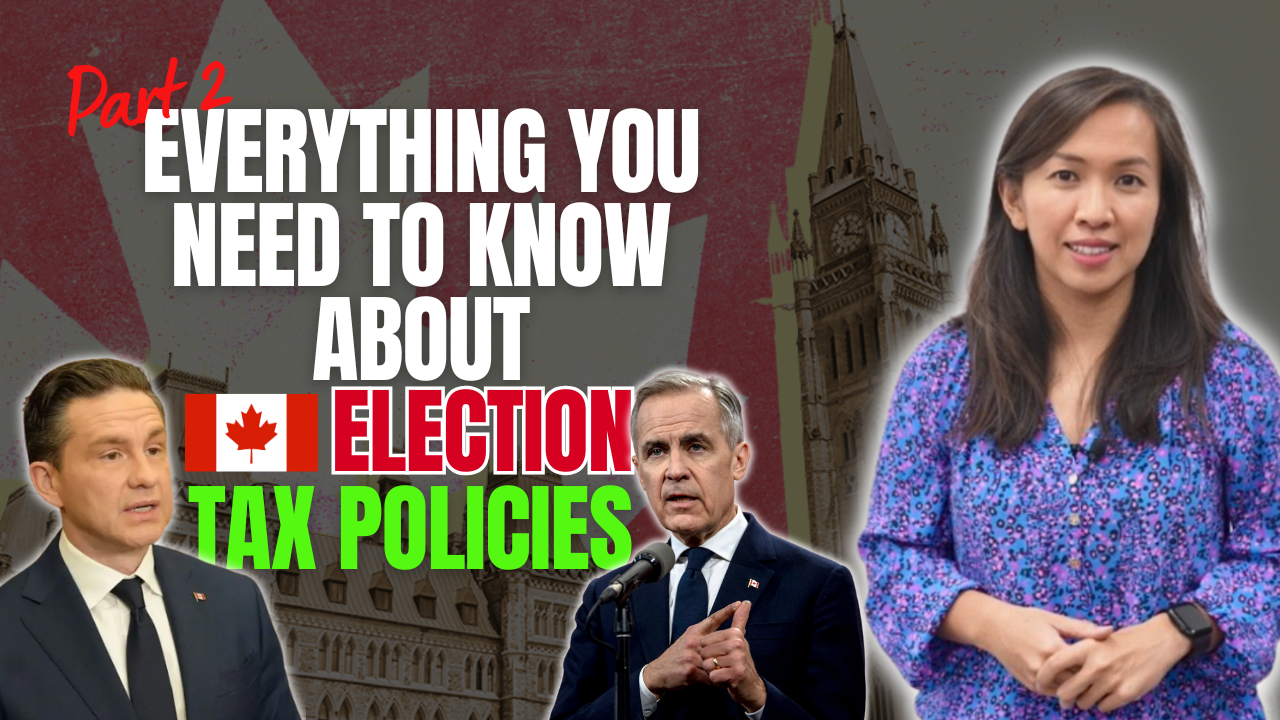In the last few years, more and more people are asking us on how to leave Canada permanently as a tax resident.
Recognizing Canadian citizen is not the same as Canadian tax resident
You can be a Canadian citizen and a Canadian tax resident at the same time.
You can be a Canadian tax resident, living in Canada or have the Canadian residential ties that make you a Canadian tax resident, and yet you are not a Canadian citizen. Many of my team members are newer immigrants. They work and live in Canada and pay taxes in Canada and yet they have not met the criteria to obtain Canadian citizenship yet.
You can be a Canadian citizen but not a Canadian tax resident. This means that you can still use your Canadian passport to travel around the world, but you don’t have to pay any taxes to the Canadian government, unless you have Canadian source income.
That sounded pretty awesome, isn’t it?
For the context of this blog post, we’re trying to explain the tax implication of leaving Canada as a tax resident.
Can you pack your bags and leave Canada and declare yourself as a non-resident?
To some people, leaving Canada can be as simple as pack their bags and book a flight and choose not to even file the last return. (Not a professional accountant recommendation, but many did do this.)
To many others, particularly real estate investors, can be quite a painful process.
The first step is to determine of residential status leaving Canada.
You might still be considered as Canadian tax resident if you have the following residential ties.
- A home in Canada
- A spouse or common-law partner in Canada
- Dependents in Canada
As an example, when I first moved to Canada, my mom, my brother and I stayed in a 2 bedroom condo in Toronto, while my dad stayed in Hong Kong to continue his business to make money.
My mom is the spouse, my brother and I were the dependents at the time (we were under the age of 18) and we also had a home in Canada. Based on these facts, my dad, even though he visited Canada for 2 weeks a year, were still considered a Canadian tax resident.
He’s required to file worldwide income in Canada.
If you have a home in Canada that you are not planning to rent out, this can be one of the triggers that keep you as a Canadian resident.
Other factors that can be considered as residential ties include but not limited to:
- Personal property in Canada such as car or furniture
- Social ties in Canada, such as memberships
- Economic ties in Canada, such as Canadian bank accounts or credit cards
- Driver license
- Canadian passport
- Canadian health insurance
To properly leave Canada as Canadian tax resident, you want to sever as many residential ties as possible.
The rules can be quite confusing and I highly recommend you to fill out the form to determine if you quality to be a non-resident of Canada.
Once you’ve severed all your residential ties and you are fairly confident that you can become a non-resident, it’s time to talk about the tax implication on leaving Canada. And we will be discussing it in our next week’s blog post.
Until next time, happy Canadian real estate investing.
Cherry Chan, CPA, CA
Your Real Estate Tax Accountant





